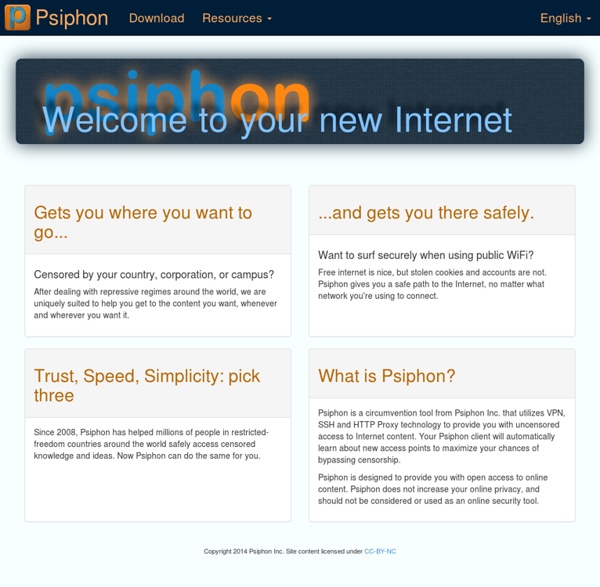



Les Réseaux Privés Virtuels - Vpn 1 – Introduction au réseau privé virtuel VPN Les applications et les systèmes distribués font de plus en plus partie intégrante du paysage d’un grand nombre d’entreprises. Ces technologies ont pu se développer grâce aux performances toujours plus importantes des réseaux locaux. Mais le succès de ces applications a fait aussi apparaître un de leur écueil. En effet si les applications distribuées deviennent le principal outil du système d’information de l’entreprise, comment assurer leur accès sécurisé au sein de structures parfois réparties sur de grandes distances géographiques ? Concrètement comment une succursale d’une entreprise peut-elle accéder aux données situées sur un serveur de la maison mère distant de plusieurs milliers de kilomètres ? 2 – Principe de fonctionnement du VPN 2.1 – Principe général Un réseau VPN repose sur un protocole appelé « protocole de tunneling ». Les données à transmettre peuvent être prises en charge par un protocole différent d’IP. 2.2.1 – Le VPN d’accès
DriveDroid Notifications for image hosting. Setup guide for first time use and device compatibility testing. Blacklist/whitelist in setup guide that checks whether device is found to be compatible or not. Ability to choose different USB systems for better device compatibility. Automatic USB mode switching upon hosting images. Nicer host dialog with descriptions for each button and a help button. Manually changing USB mode and persistent USB mode individually (was always combined in 0.7.7). Ability to turn off automatic USB mode switching for people who want to switch manually. Better support for symlinked LUNs (avoids duplicates). Better and more detailed support emails. Added super-user permission. Support for some WonderMedia devices. Support for Samsung Galaxy Tab P1000 N and L. Support for some HUAWEI devices. Fixed image creation where it can now create FAT images of 4MB, whereas previously it was only possible to create 32MB and higher.
Ghostery Ghosterians! We have a new release ready for the masses. We found a few issues and made some updates. You all have been awesome sending us some quirky behaviour as well. Before we get to the details. PLEASE NOTE: The version # for Firefox is 5.4.10. Here are the notes: Defects: A fix for multiple bugs related to the e10s Electrolysis build.Blank options menu in the old Panel > unable to revert to new panelConflict with Adblock Plus in FFX 43 Features: Capping the wizard setup reinitiation at 3, which should prevent people from getting stuck in the setup wizard loop.Purplebox off by defaultUpdated language in extension stores for Chrome, Opera, and SafariRelease note link has been updated to new siteRemoved an extra step from the Safari setup wizard Your current version should auto-update unless you have turned that off from your browser’s menu, but if not, you can get the new version HERE. As always, we appreciate your feedback., so please, drop us a line or visit our forum. ~Happy browsing!
friendica/friendica: Friendica Communications Platform Ghostery Standing on Our Own Two Feet When a new Certificate Authority (CA) comes on the scene, it faces a conundrum: In order to be useful to people, it needs its root certificate to be trusted by a wide variety of operating systems (OSes) and browsers. However, it can take years for the OSes and browsers to accept the new root certificate, and even longer for people to upgrade their devices to the newer versions that include that change. The common solution: a new CA will often ask an existing, trusted CA for a cross-signature, to quickly get it into being trusted by lots of devices. Five years ago, when Let’s Encrypt launched, that’s exactly what we did. Now, those software platforms have trusted our root certificate for years. However, this does introduce some compatibility woes. Android has a long-standing and well known issue with operating system updates. Google no longer provides version numbers on its Distribution Dashboard, but you can still get some data by downloading Android Studio. What can we do about this?
FEBE NixNet
So far Excellent for mobile, Easier to use then openVPN by talieram Nov 11